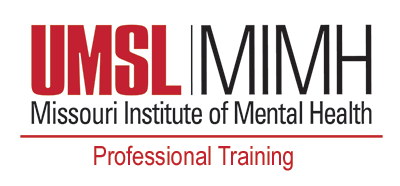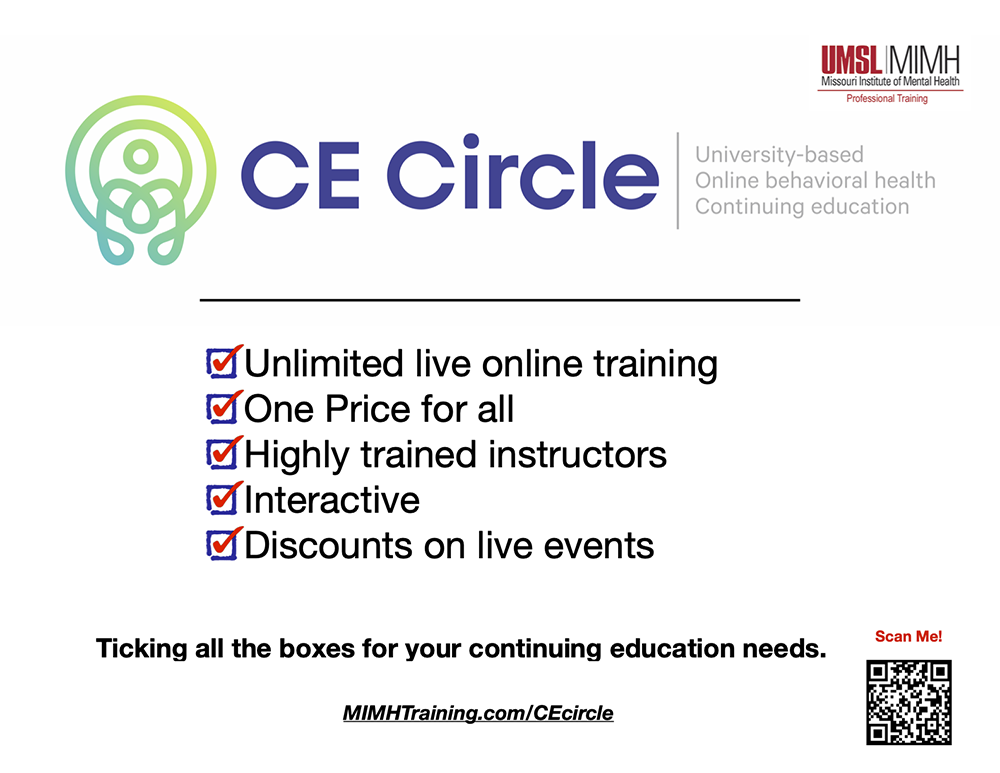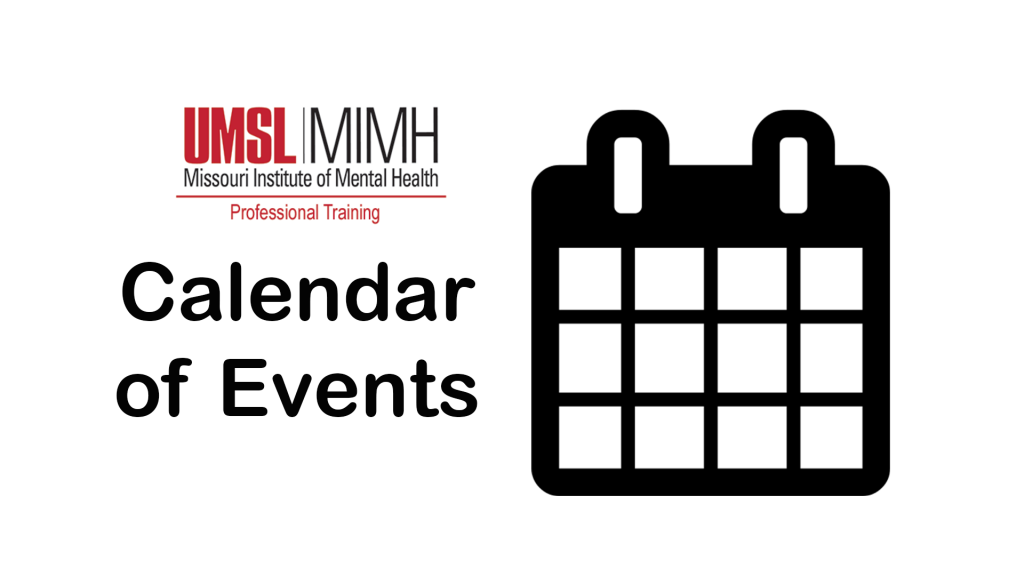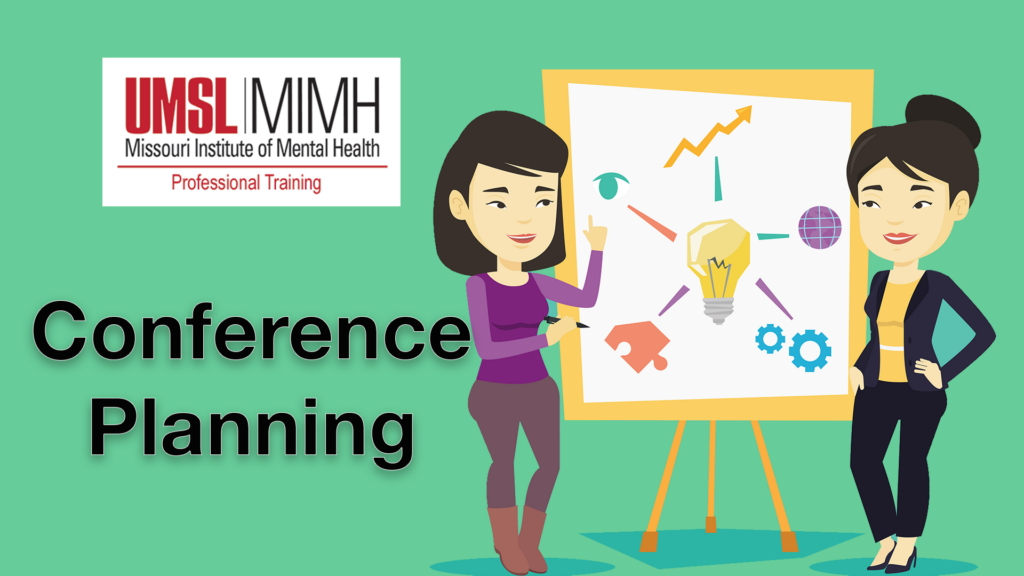Borderline Personality Disorder
Further explore both the importance of the Spirit of Motivational Interviewing and guidelines for specific applications of MI. Topics include a brief review of empathic counseling skills (OARS) and in introduction to directive aspects of MI, dealing with resistance, and recognizing and eliciting change talk.
